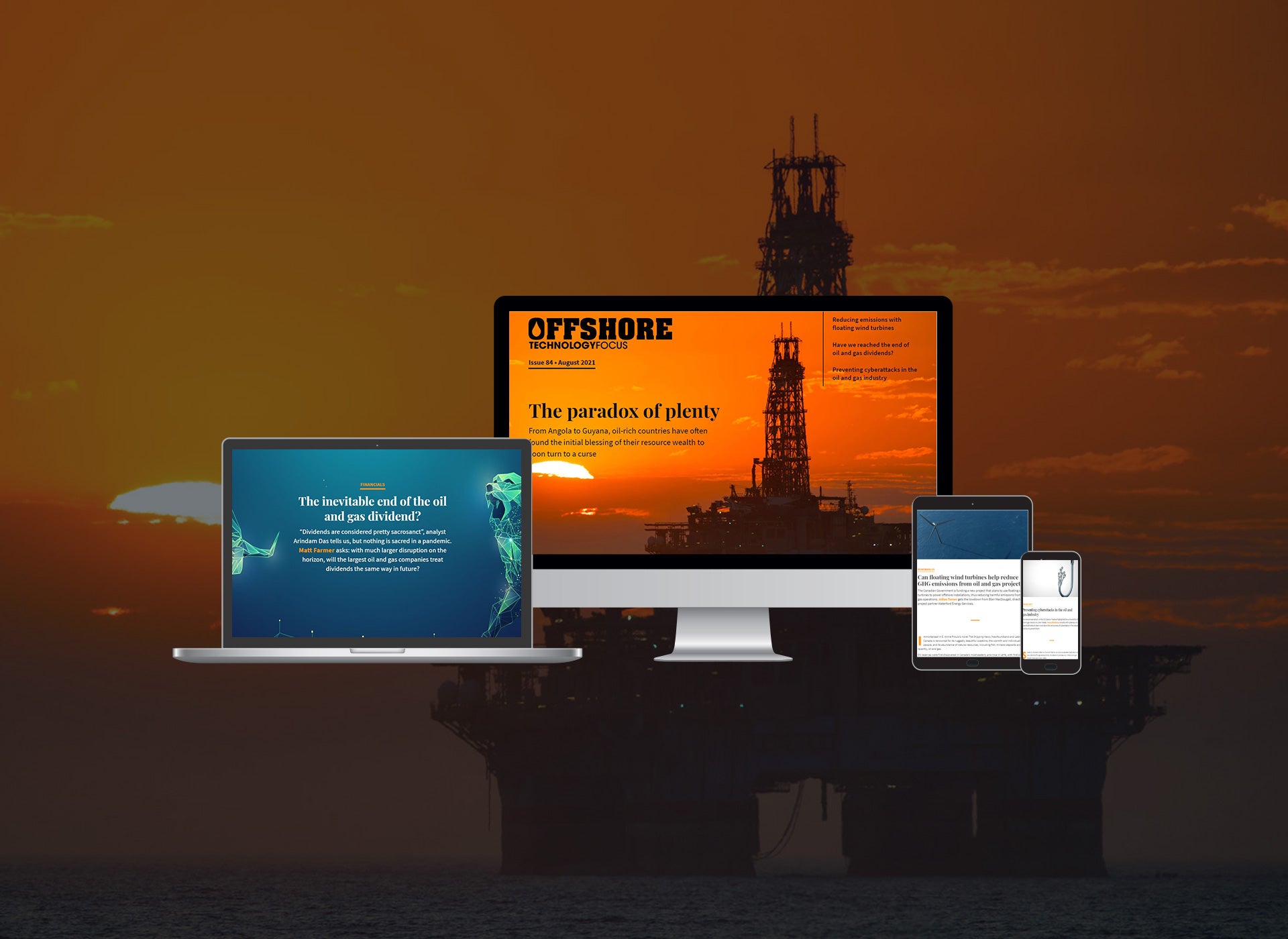
The resource curse, or the paradox of plenty, is the phenomenon whereby countries underperform economically despite an abundance of natural resources. The curse has been observed in numerous countries, with the prospect of lucrative resource wealth variously leading to corruption or conflict, or an all-in focus on exploiting resources for economic growth leading to imbalance and underdevelopment in other parts of the economy. We map the resource rich countries that have fallen victim to the resource curse.
Elsewhere, in 2020, oil majors implemented cuts and freezes to their dividends in a way never seen before. This saved them millions at a time when spending was tight. Recently, Chesapeake Energy started paying dividends to shareholders again, after a short bout of severe bankruptcy. As the functions of these companies changes, and one industry morphs into another, can these companies actually afford to continue paying dividends? Or will they bring dividend culture into the renewable industry?

Discover B2B Marketing That Performs
Combine business intelligence and editorial excellence to reach engaged professionals across 36 leading media platforms.
Lastly, after the US Colonial Pipeline, which carries 3 million barrels of hydrocarbons per day between Texas and New York, was hit by a ransomware attack, it exposed the vulnerability of the O&G industry to cyber threats. We consult with cybersecurity experts ExtraHop to learn more about the seriousness of cyberattacks in the industry and how to prevent them.
Whether you are on a desktop, tablet or smartphone, you can read the magazine for free online, and join the conversation on Twitter.

In this issue
From Venezuela to Nigeria: mapping the resource curse

US Tariffs are shifting - will you react or anticipate?
Don’t let policy changes catch you off guard. Stay proactive with real-time data and expert analysis.
By GlobalDataThe resource curse is the phenomenon whereby countries underperform economically despite an abundance of natural resources, resulting in conflict, corruption, and economic instability. Julian Turner looks at some of the resource-rich countries that have fallen victim to “the paradox of plenty”.

Can floating wind turbines help reduce GHG emissions from oil and gas projects?
The Canadian Government is funding a new project that plans to use floating wind turbines to power offshore installations, thus reducing harmful emissions from oil and gas operations. Julian Turner gets the lowdown from Blair MacDougall, director at project partner Waterford Energy Services.

“A new way of working”: inside Equinor and ABB’s unmanned oil and gas rig
JP Casey profiles Equinor and ABB’s use of automation and data to deliver their proposed unmanned oil platform in the North Sea.

Competitive edge: inside Axora’s call for offshore innovation
Axora’s “Cost-Saving Technology Challenge” aims to reward innovators and digital developers eager to change oil and gas. JP Casey finds out more.

The inevitable end of the oil and gas dividend?
“Dividends are considered pretty sacrosanct”, analyst Arindam Das tells us, but nothing is sacred in a pandemic. Matt Farmer asks: with much larger disruption on the horizon, will the largest oil and gas companies treat dividends the same way in future?

Preventing cyberattacks in the oil and gas industry
The ransomware attack on the US Colonial Pipeline highlighted the vulnerability of the oil and gas industry to cyber threats. Yoana Cholteeva consults with cybersecurity experts ExtraHop to learn more about the seriousness of cyberattacks in the industry and how to prevent them.

Preview – Offshore Technology Focus October 2021
Critical to energy infrastructure, supply chains have proven alarmingly vulnerable across sectors in recent years. Whether it be climate change, economic turmoil, or the energy transition, there is a lot of work to do to fortify the logistics arms of energy operations.
In the next issue, in light of Covid-19’s devastation of the oil and gas supply chain, we examine whether, and how, it has since recovered and changes being made to the oil and gas ecosystem.





